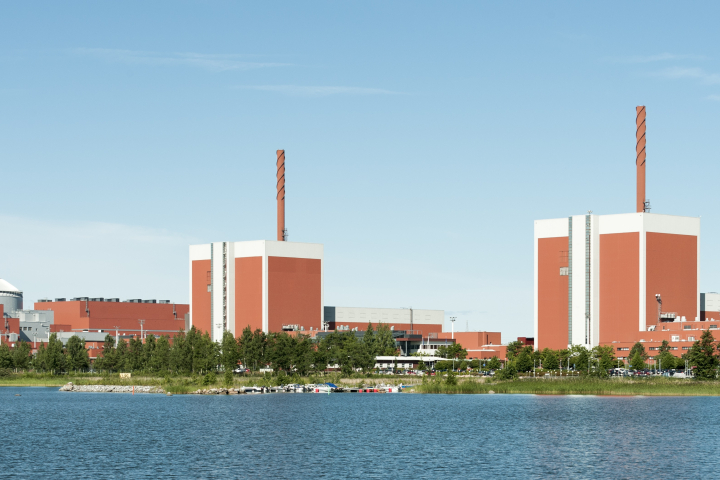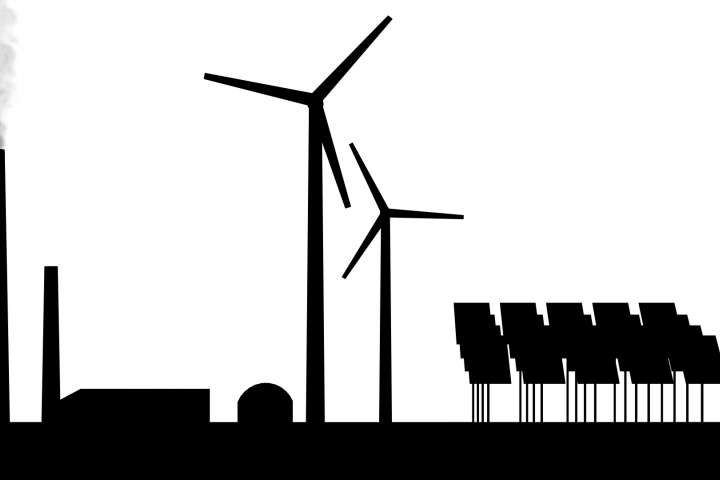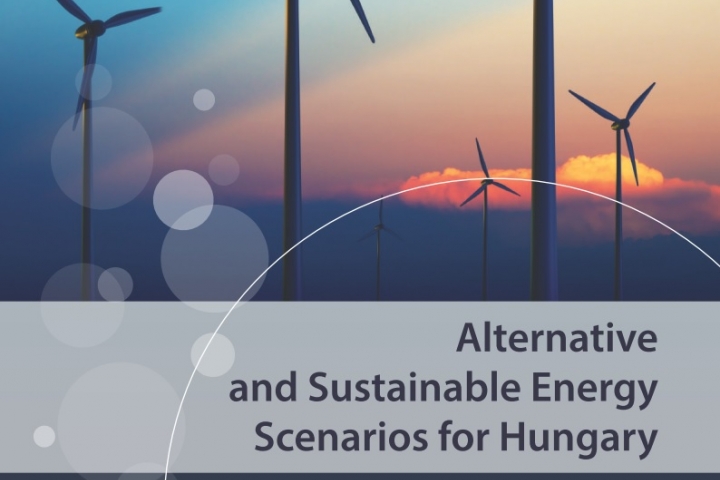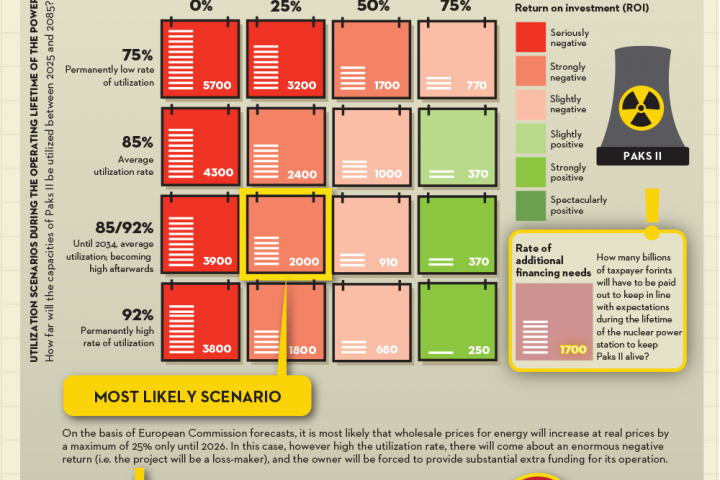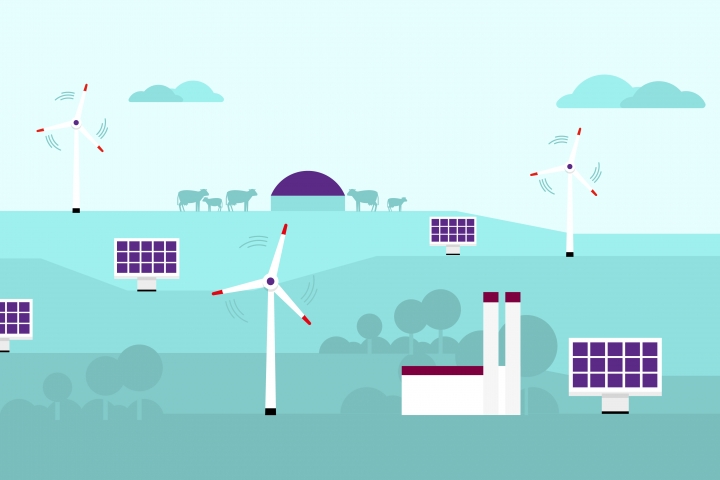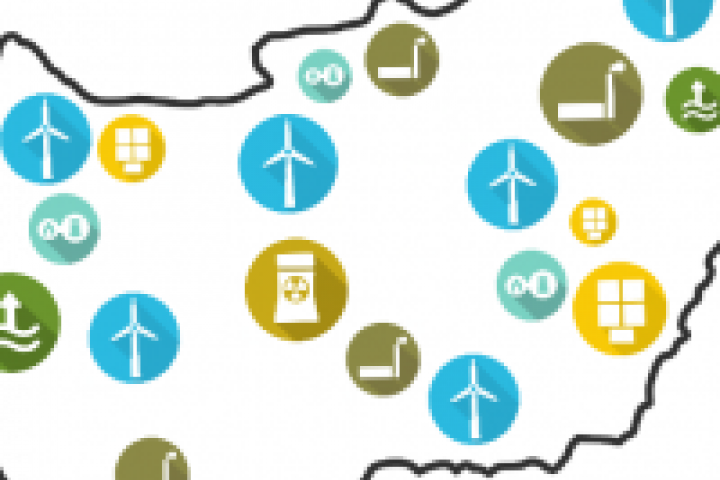The Paks Diaries - December 2023
Energiaklub is launching a series of blog articles to provide monthly overviews of what is happening with the Paks II project, which the government wants to accelerate and the lifetime extension of Paks I NPP.
In mid-December, the BBC published a long, analytical article on the future of nuclear energy in Hungary. The main claim of the piece, titled Hungary's risky bet on Russia's nuclear energy, was that the biggest single investment in Hungarian history was "less likely by the day" because of the Russian war in Ukraine, despite the government's "steadfast commitment" to the Paks II project and the fact that the Russians have "committed themselves financially and technologically", Nick Thorpe wrote. The correspondent, who knows Hungary well, shared an observation of his own in his article: when he enquired about the construction of the new Hungarian plant in 2014, he was told that Ukrainian specialists would be brought in to do the special welding. Although Russia would be manufacturing the main components, the transport, originally envisaged overland via Ukraine, is still up in the air with no alternative.
Not surprisingly, Attila Aszódi, ex government commissioner for Paks II, and Benedek Jávor, former Green MEP, who spoke in the BBC article, have a very different view of the current situation of the Paks II project. According to Aszódi, the complete isolation of Russia is not a solution even in the current situation. He continues to believe that the Russian-Ukrainian war will soon be brought to an end on terms that will remove the obstacles to the Paks project. The latter, on the other hand, believes that Paks II is not needed from an energy point of view, that it is "a purely political project", which is not necessary in any case, especially with the Russians. According to Jávor, Hungary “might arrive at a point where Paks II cannot be constructed but there is no alternative” and the country will have "a serious problem with the security of supply".
Speaking to World Nuclear News, Paks I CEO Péter Horváth, who has twice headed the Energy Authority, said the operator had notified the EU of the intention to extend the lifetime of the NPP, and that this "marked the beginning of a process that will last for about a decade", at the end of which the plant's operating licence would be extended by another 20 years. The state-owned company is treating this as a strategic issue. This is not so surprising, nor is the intention to continue operating the plant for +20 years, as the Minister of Energy had already spoken about this in an open forum in the spring of 2023. In April, Csaba Lantos said at an event at the Mathias Corvinus Collegium, that there would be no nuclear safety obstacles to extending the lifetime of the four VEER-440 reactors, commissioned between 1982 and 1987, by another 20 years. Now, Deputy Chief Technical Officer Pál Tóth said that the preparation of the extension and the necessary investments will involve, according to their calculations, some 250 reconstruction projects, and that the various investments, mainly in control systems and electrical equipment upgrades, could cost up to €1.5 billion.
It was also revealed that the Paks I power plant currently expects they have to prepare and develop plans until 2028. However, until then, there will be important changes at Paks: for example, from 2024, the company will store fuel enough for three years instead of two years "inside the gates". Officially, the purpose of the expanded stockpiling is to "reduce the uncertainties arising from the conflict in Ukraine", but probably it is more about preparing for a switch from the Russian supplier.
An interview with Péter Horváth has also been published on the website of the government-related media outlet VG, in which the Paks leader cautiously discusses the topic that the Hungarian reactors will be able to use non-Russian fuel by the end of the decade. Although Horváth practically rejects the involvement of Westinghouse (the US company, which operates a fuel production unit in Sweden, has contracts for all other VVER-440 reactors in the region), there is also a problem with the prospect of a French-German solution, as an article in Szabad Európa (Free Europe) in September suggested. It emerged in spring 2023 that the French company would produce Russian fuel under licence at a German facility through its joint venture (ANF) with the nuclear fuel company Rosatom (TVEL). The application for a licence to expand the Lingen fuel fabrication plant caused an outcry in Germany, so the French saw fit to try to transfer the same dubious solution to France.
Contrary to the official Paks I explanation, an assessment published in Free Europe revealed that Russian nuclear builders also set the maximum operating life of their nuclear power plant designs at 60 years. Thus, it is not worth betting heavily that such a plant in Paks will ultimately produce for 70 years. The article recalled that in 2018 Attila Aszódi, ex government commissioner for Paks II, still considered it unthinkable to keep Paks I in operation ("...after the 1930s, the current units will no longer be technically up to the task, they will not be able to continue operating", Aszódi said in a speech in parliament), but now he has written a long argument to the contrary. After all, since the first extension of the operating life of the Paks nuclear power plant, which was granted to each unit in 2012-17, it has been regularly (or rather randomly, but recurrently) subject to shutdowns, repairs and extra maintenance due to malfunctions. Between 2016 and 2018 alone, there were 70 such documented cases, and recent years also saw15-20 major or minor problems. In October 2022, Block 1 was unable to start up for weeks after a general overhaul, originally planned for one month, and in December 2023, the same happened again with the same unit. At Christmas, on 25 December 2023, an emergency shutdown of another unit forced the grid operator to bring in oil-fired generating units to meet electricity demand in Hungary.
The US Bulletin of the Atomic Scientist interviewed Mycle Schneider, Editor-in-Chief of the World Nuclear Industry Status Report 2023, who was also interviewed by Joint Project partner Energiaklub in the summer of 2023. Schneider told the US science portal that, while it is becoming increasingly popular in the world for governments to push for lifetime extensions of old nuclear power plants instead of real problem-solving energy measures, this is a dangerous and risky solution. These seemingly easy steps also bring to the surface everyday problems that these old power plants do not have the answers to. For example, protecting these plants generates extreme tasks because they were "not originally designed" to withhold hacking or drones. “This idea of modernizing nuclear facilities continuously is obviously only possible to some degree. You can replace everything in a car, except for the body of the car. At some point, it’s not the same facility anymore. But you can’t do that with a nuclear power plant.” Mycle Schneider told the Bulletin about this global tendency.
